Whenever customers are looking to replace parts for their pump, I always compare pumps to cars. Let’s say you need to replace the tires on your car. In order to get the correct tires, your mechanic needs to know the correct make, model, and the year the car was made. This information helps the mechanic identify the correct parts for your car. If you are like me and have provided the wrong car information before, you know that one year can make a big difference in the manufacturing world. Needless to say, I ordered the wrong part.
If you take anything from this blog, remember- Don’t Be Me!
So now you’re probably asking yourself, “If I only need my motor replaced, why do I need my pump information?”
Technically, you don’t. If you have your motor information but not your pump details, you can replace your motor and your pump will run. However, I can guarantee you, it won’t run for long. Motor manufacturers recommend replacing your shaft seal whenever you replace your motor. Not only does this prevent premature leaking and water damage, it also secures your one year warranty on the motor. The catch is, all of the seals and O-rings can only be cross-referenced with the make and model of your pump, not your motor.
To answer the question of why though, knowing the make and model of your pump is essential to get the correct replacement parts. Not to mention, if you need to replace a different part, such as your pump basket or seal plate, you will need to know the make and model of your pump.
But, what happens when you don’t know which pump you have? Or, you know the name of the manufacturer but not the model? Let’s explore the various ways you can identify your pump without having the pump label.
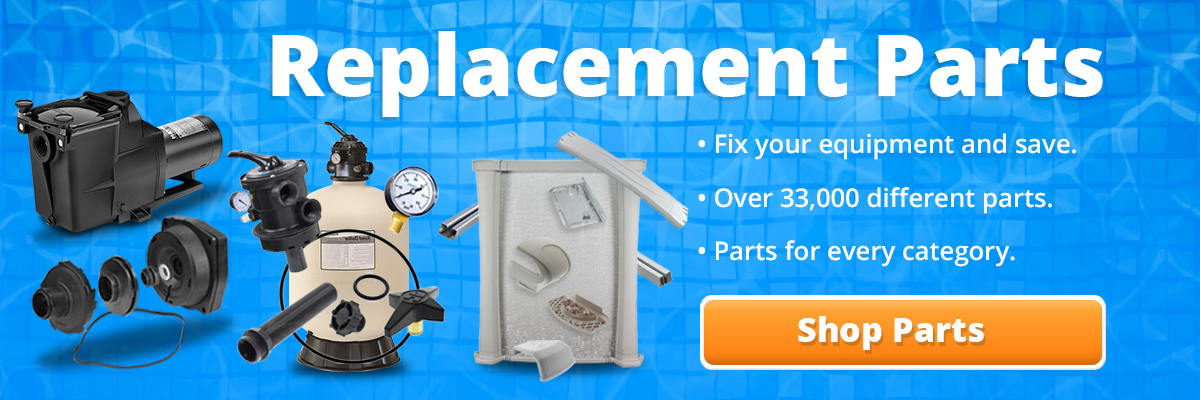
Without Uninstalling Your Pump
Ideally, the first thing you want to check is your pump label. Every pump will have a label showing the model number and various specs. If you can find this on your pump and you can still read it, then luckily this blog is not for you. You can use the information on the label to identify your pump and order any replacement parts for it. If the label is worn out or missing, then you have a little work cut out for you.
Luckily for us, there are a few ways to identify your pump without uninstalling it. Like most pool equipment, replacement parts are unique to their make and model. Therefore, if you’re able to locate at least one identifying number off one of the parts within your pump, your odds of cross-referencing your pump increase tenfold.
Strainer Lid
The first place you want to check is typically the easiest- the strainer lid. The strainer lid on your pump basket is located on the wet end of your pump or, on the opposite side of your motor. Typically, pump manufacturers will stamp their part number on one of the sides of the lid or somewhere along the handle. Take your time to inspect your strainer lid properly. Make sure you have enough visible light, as the part number may be very small. Keep in mind, the location of where you can find the part number will vary depending upon the make and model of the pump. Below are a few examples to give you an idea of where to look.
Here is the lid to the Pentair Challenger:
Here’s another example. This is the lid to the Starite Dyna-Glas and Dyna-Max:
Here’s one last example of a strainer lid. This one belongs to the Hayward Max-Flo pump:
Notice the different locations the number was placed. You can use our site’s search engine to cross-reference any part numbers you find. Our site will help identify the part as well as to which pump the lid corresponds.

Pump Housing/Body
If for whatever reason you couldn’t locate a number on the lid, the next place you should look is the pump housing. Don’t fret if you cannot locate it at first; it may not be as apparent as on the strainer lid. Below are some examples of where the part number can be found.
Pump housing for the Pentair Challenger:
Here’s another example, housing for the Pentair JWPA Series Pump:
If you weren’t able to locate a part number on the housing or the lid, unfortunately, your next task is to uninstall the pump. Although it requires a little bit more labor, once you have your pool pump up and running, it will be worth it.
Once you have your pump open, you should use the opportunity to inspect other parts within your pump for wear and tear.
Uninstalling Your Pump
Both the impeller and diffuser in your pump will also have a part number engraved into either side. However, in order to reach both parts, you will have to remove the motor from the pump housing. If you’re like me and have no prior experience uninstalling pumps, I recommend watching our how to video on how to replace your motor. This guide is helpful even if you are not replacing your motor. It will assist in getting the motor off so you can reach the impeller and diffuser.
Impeller
Once you’ve safely removed the impeller, inspect both sides for the part number. The impeller is very specific to the model of the pump and therefore can be a very useful tool to identify the specs of the pump. This is a great opportunity to inspect the condition of your impeller. Make sure the impeller isn’t cracked or chipped.
Some part numbers, like the ones below from the Jacuzzi Cygnet impellers, are handwritten.
Diffuser
Most of our customers have the most luck finding part numbers on the strainer lid or the impeller. However, if you still haven’t found a part number, don’t worry. The diffuser, right behind the impeller, will also contain a part number. Because of the odd shape of the diffuser, the part numbers are more obscure and we recommend having a magnifying glass handy.
Here are two diffusers. One is from the Pentair Challenger and the other is from the Starite Dyna-Glas/ Max-Glas:
Serial Numbers
Serial numbers are very handy. They can help you cross-reference everything about your pump, including the make, model, and year your pump was manufactured. However, only the manufacturers themselves have access to serial number information. If the serial number is the only number you can find on your pump, let us know and we can put you in touch with the right manufacturer.
When All Else Fails
If you’ve searched and searched and couldn’t find one good identifying number, let us help you. Take as many pictures of the pump and the part you’re looking for. The more pictures the better. We have resources we can use to see if anyone can visually identify the pump. We may not always be able to, but it’s definitely worth a shot. You can send any pictures and information to Upload@inyopools.com.

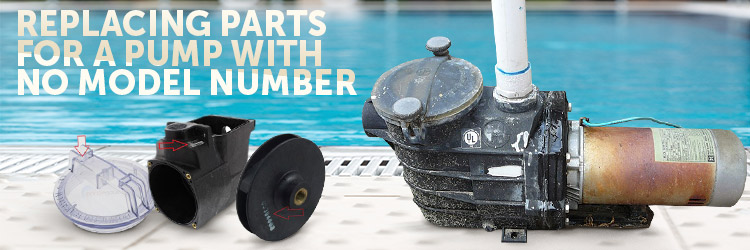
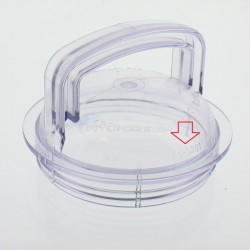
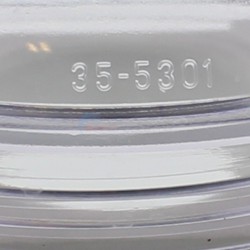
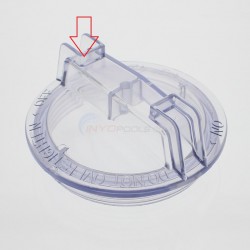
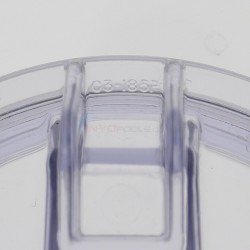
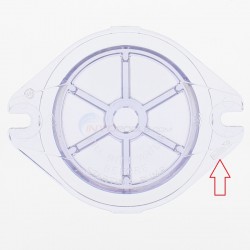
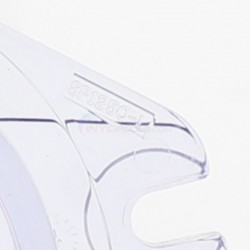
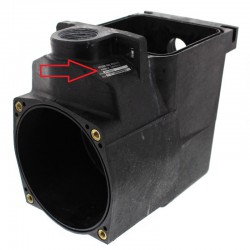


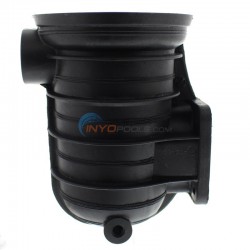
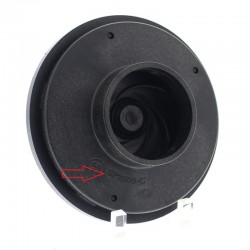

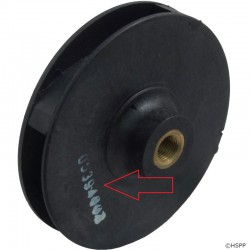
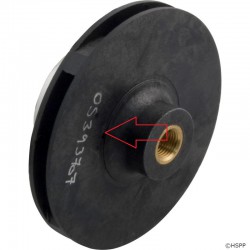
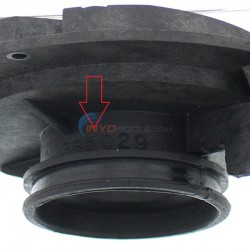
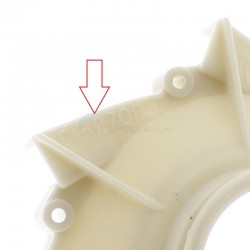
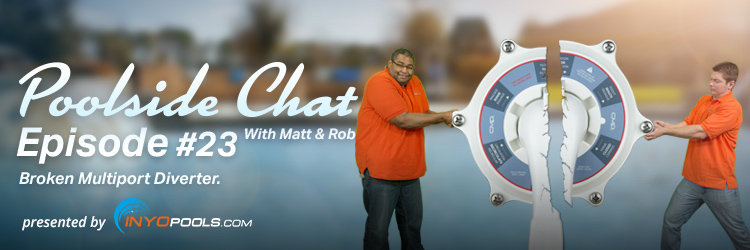
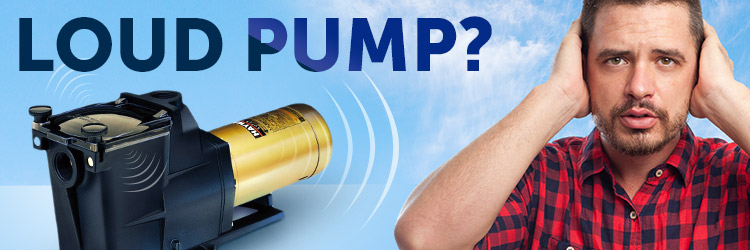

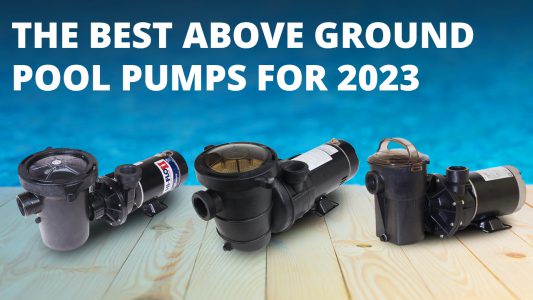






Charlie,
How do I cross reference the number that I find on the strainer to the pump that its used on? The number on my strainer is C3-139P
Hello Robert, that C3-139P trap cover can be used on a few pump models. But as we are discussing on a different thread, to ID your pump and its HP, it would easier if we had the model number of your pump with the part number of your impeller.
Is there any way to match a pump serial number with the original motor serial number?
Serial numbers for the pump housing and motor will not cross-reference to one another. Are you looking for a replacing motor or pump part?